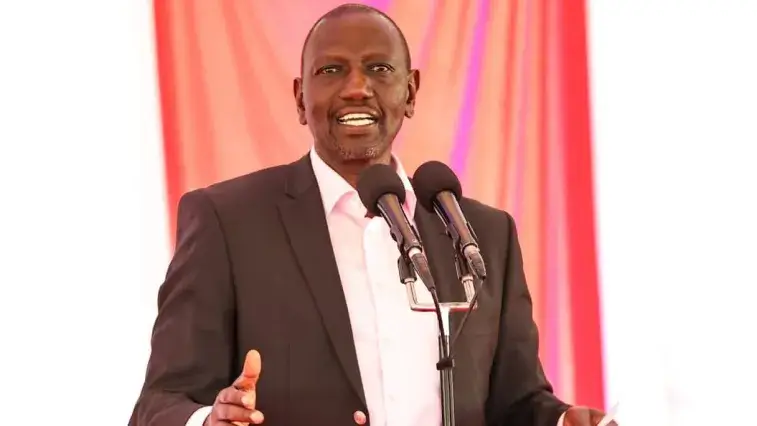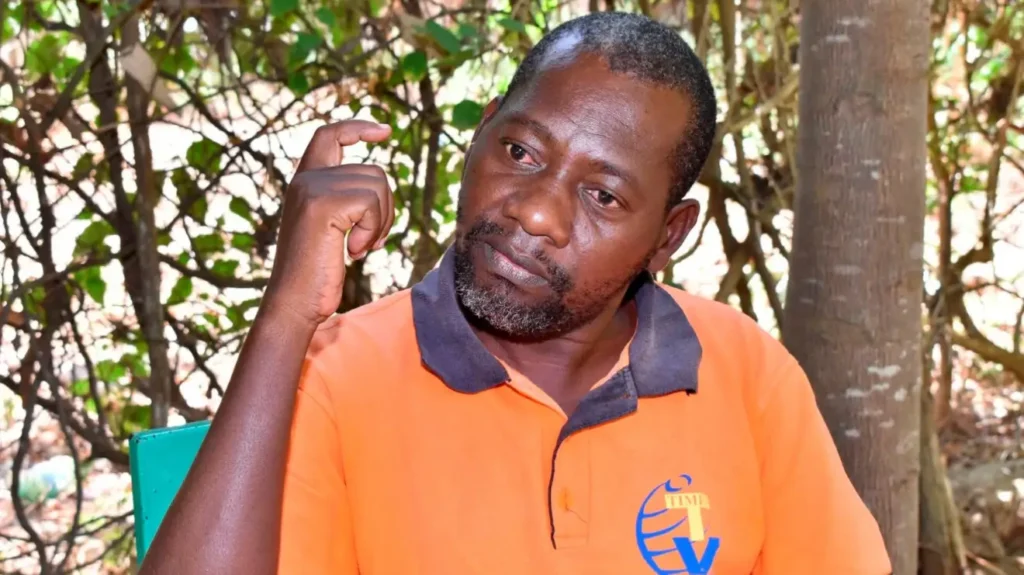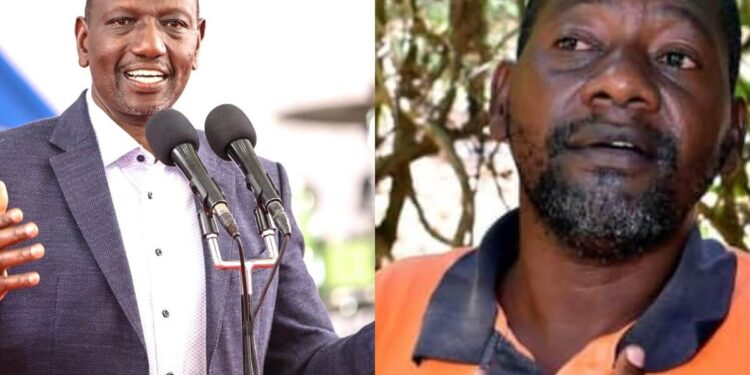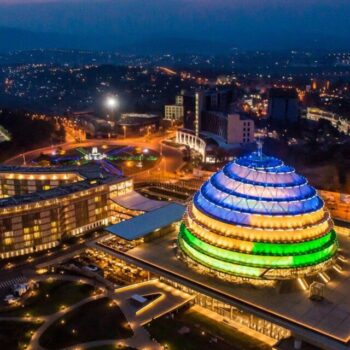Kenya’s President William Ruto has likened controversial pastor Paul Mackenzie of Good News International Church to a terrorist who uses religion to advance what he described as “weird and unacceptable ideologies”.
KAMPALA, UGANDA | NOW THEN DIGITAL — Kenyan President William Ruto has drawn comparisons between controversial pastor Paul Mackenzie of the Good News International Church and a terrorist. Ruto accuses Mackenzie of using religion to advance “weird and unacceptable ideologies” and radicalizing thousands, some of whom starved to death.

Ruto expressed concern over the recent discovery of more than 40 bodies in Kilifi’s Shakahola forest with many more believed to be buried there.
“Terrorists use religion to advance their heinous acts. People like Mackenzie are using religion to do the same thing,” said Ruto.
Terrorism and religion
Speaking at the Kenya Prisons Service cadets pass-out parade, Ruto called on Kenyans to be alert to religious groups and those pretending to be religious people. He argues that terrorists use religion to advance their heinous acts and people like Mackenzie are using religion to do the same thing.
Ruto stated that he had instructed the responsible agencies to investigate the matter and get to the root cause of people who want to use religion to mislead Kenyans.
Investigations launched
A full-scale investigation has been launched into the Good News International Church and its leader since police discovered the first bodies in Shakahola forest.
Over the weekend, dozens more corpses were unearthed, and an 800-acre (325-hectare) area of woodland declared a crime scene as authorities seek to understand the true scale of the so-called “Shakahola Forest Massacre”.
Inspector General of Police Japhet Koome was expected to visit the site on Monday, where teams clad in overalls have been scouring for more burial pits and possible cult survivors.
Survivors and rescue efforts
There are fears that some cult members could be hiding from authorities in the surrounding bushland and at risk of death if not quickly found. A number of people have already been rescued and taken to hospital in Malindi on the Indian Ocean coast.
However, a rights group that tipped off police about the movement and its extreme practices said at least one of those rescued had refused to eat despite being in clear physical distress.
The Kenya Red Cross said 112 people had been reported missing to its support staff at Malindi.
Cult leader charged

The cult leader, Mackenzie Nthenge, turned himself in to police and was charged last month after two children starved to death in the custody of their parents. He has since been released on bail of 100,000 Kenyan shillings.
The case has gripped national attention, and the government has flagged the need for tighter control of religious denominations in a country where rogue pastors and fringe movements have been involved in crime.
Regulating religion
Interior Minister Kithure Kindiki, who has announced he would visit the site on Tuesday, described the case as “the clearest abuse of the constitutionally enshrined human right to freedom of worship”.
Attempts to regulate religion in the majority-Christian country have been fiercely opposed in the past as attempts to undermine constitutional guarantees for a division between church and state.
Ruto believes that any religious institution that teaches against seeking medical attention or going to school should be closed down because they are working against the collective interest of the people of Kenya.
The President concluded that “people like Mackenzie and all other terrorists and criminals do not belong to any religion; they belong to jail, and that is where they should be.”
“Religious institutions that teach against seeking medical attention or going to school, those responsible should be prosecuted and those religious institutions should be closed down because they are working against the collective interest of the people of Kenya,” said Ruto.
Editor’s Note: We would appreciate it if you could reach out to press@nowthendigital.com if you find any outdated or inaccurate content.

















